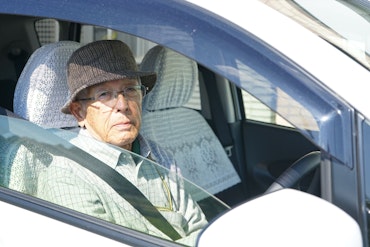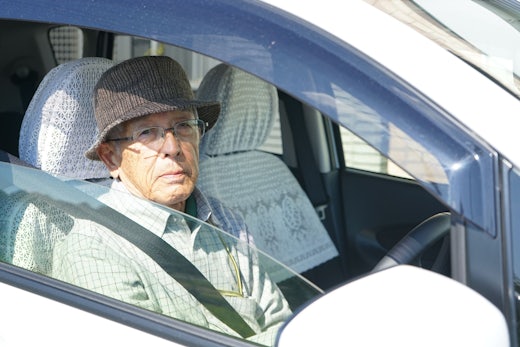Understanding the human memory
An international study involving researchers from the University of Adelaide has made a major contribution to the ongoing scientific debate about how processes in the human brain support memory and recognition.

An international study involving researchers from the University of Adelaide has made a major contribution to the ongoing scientific debate about how processes in the human brain support memory and recognition.
The study used a rare technique in which data was obtained from within the brain itself, using electrodes placed inside the brains of surgery patients.
Obtained in Germany, the data was sent to the University of Adelaide’s School of Psychology for further analysis using new techniques developed there.
The results are published in the Proceedings of the National Academy of Sciences (PNAS) on Monday.
“Being able to understand how human memory works is important because there is a range of conditions that affect memory, such as Alzheimer’s disease, head injury and ageing,” Professor John Dunn, Head of the School of Psychology at the University of Adelaide and a co-author of the study, says.
“Scientists know a lot about memory from years of study, but there is an ongoing debate about how certain mechanisms in the brain process memory, and how those mechanisms work together,” he adds.
Researchers looked at how the human brain processes ‘recognition memory’, which is a person’s ability to recognise people, objects or events that we’ve encountered in the past.
The debate has centred on two key regions in the brain:
- the hippocampus, which is very important to memory and is one of the first regions of the brain to suffer damage from Alzheimer’s disease; and
- the perirhinal cortex, which receives sensory information from all of the body’s sensory regions.
“The debate is whether or not these two regions work in the same or different ways to support memory and recognition. Studies over the years have led to both conclusions,” Professor Dunn says.
He claims this new study, which uses data from inside the brain instead of from electrodes on the scalp, far from the critical regions, revealed different processes are at work in the hippocampus and the perirhinal cortex.
“Our analysis shows that these regions are responding to and processing memory in two very different ways. The activity levels in those regions changed in different ways according to the amount of information that could be remembered,” Professor Dunn says.
However, he admits the study won’t “settle the debate once and for all”, but it does add weight to those scientists who believe that these two distinct parts of the brain respond to memory in different ways.
The five patients who took part in this study gave informed consent, and the study received approval from the Ethics Committee of the Medical Faculty of the University of Bonn.























Comments